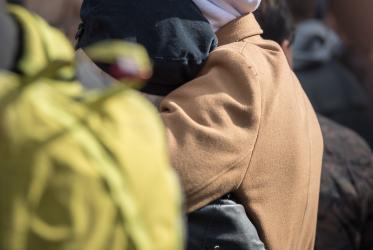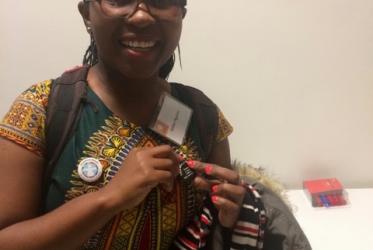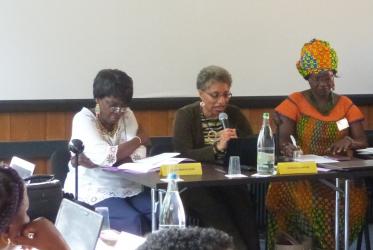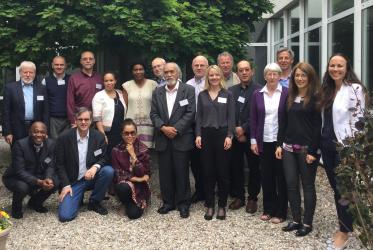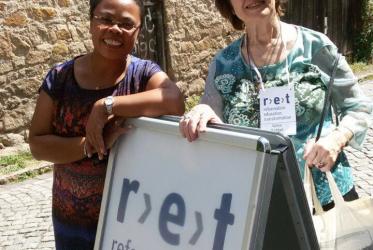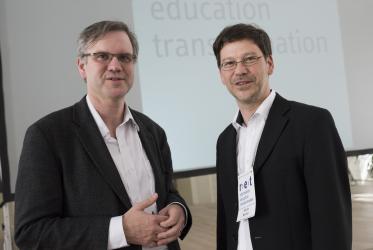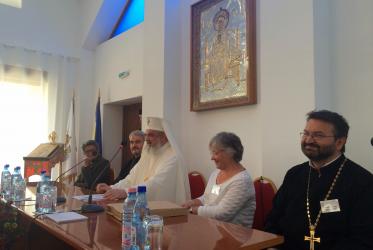Displaying 21 - 40 of 48
Pan-African women demand end to gun violence in USA
29 March 2018
Tveit: Rev. Graham had important role for many people
26 February 2018
Re-engineering life forms: Church forum raises concerns
09 November 2017
Responsible agriculture investments theme of WCC session
16 October 2017
"We have our work cut out for us"
10 August 2017
"Church has huge responsibility empowering women"
26 July 2017
G20 summit: call to pray for peace in Hamburg
07 July 2017
G7 must address famine
22 May 2017
Ecumenical educators plan global institute
25 May 2016

